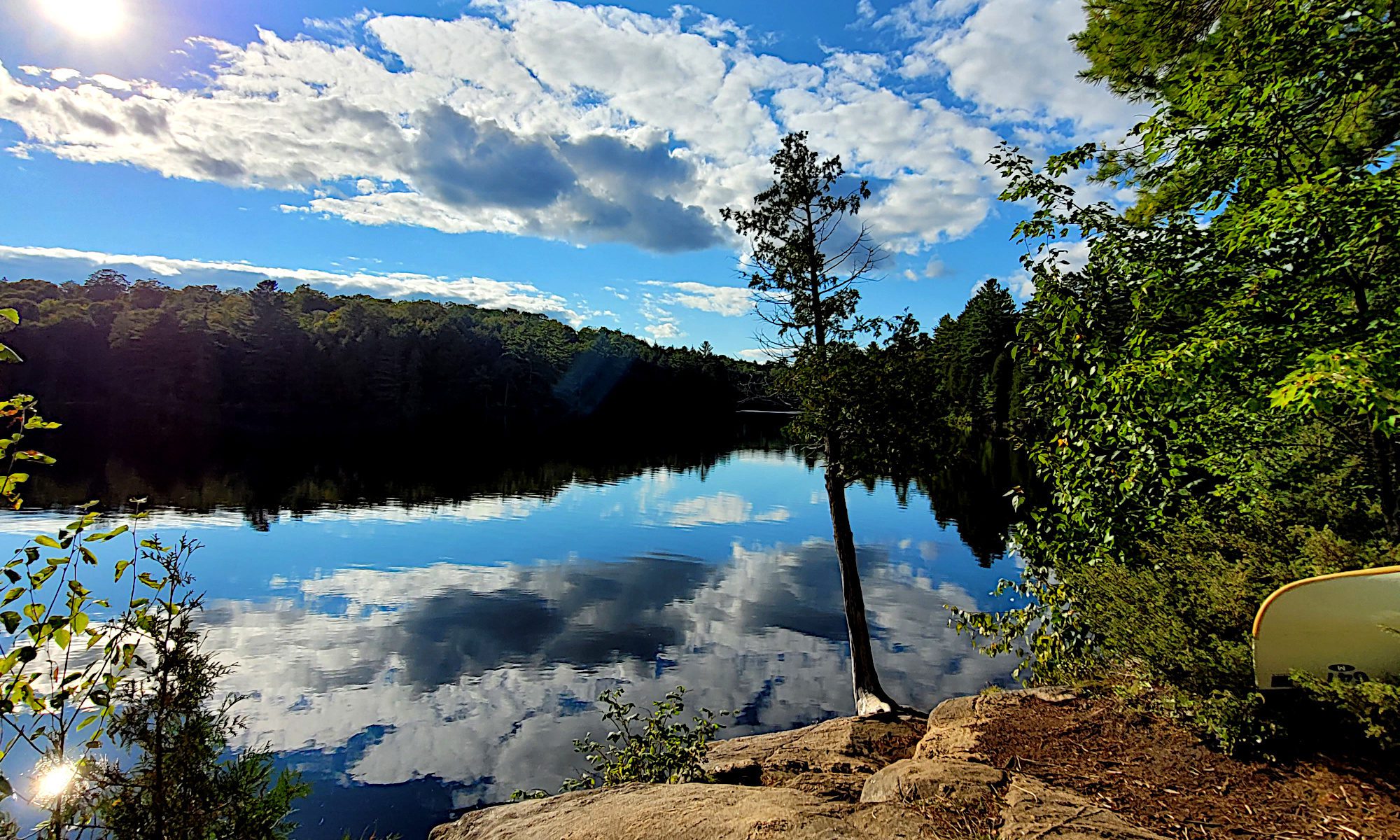
Birgitta Jónsdóttir, a member of the Icelandic parliament and an early support of WikiLeaks, said that despite having had a falling out with WikiLeaks founder Julian Assange over his role in the organization, she is willing to “stand up and stick my neck out for him” and defend the document-leaking entity against attacks by the U.S. government and others, because doing so is her duty. “We must all stand behind WikiLeaks and defend freedom of information and freedom of speech,” Jónsdóttir said in a presentation at the University of Toronto on Tuesday night, in which she also called on media outlets to support the organization. Jónsdóttir also said “even if they chop the head off WikiLeaks, a thousand more heads will come out.”
The Icelandic MP didn’t talk a lot about the WikiLeaks leader, except to say that “WikiLeaks is bigger than Julian Assange.” But she did talk about how she met him at a conference in Germany in 2009, while she and her party were developing proposed legislation in Iceland called the Icelandic Modern Media Initiative, and Assange was looking for a “transparency haven” that could help the organization. The IMMI legislation is aimed at helping to protect freedom of information and whistleblowers like WikiLeaks who leak documents — something Iceland as a whole is also interested in, because many believe that more whistleblowing could have helped the country avoid its financial meltdown in 2008.
Jónsdóttir and Assange started working together, and in the spring of last year he showed her a copy of the infamous U.S. military video of American bombers firing on a civilian vehicle during an attack in Iraq. The Icelandic MP described how she watched the video in a crowded cafe and began to cry — and at that point decided to help WikiLeaks get publicity for the video, which she said she was afraid would get lost amid all the other leaked documents on the organization’s website. Jónsdóttir spent her Easter holiday editing the video, including pulling out still photographs to send to various media outlets. WikiLeaks even sent people to Iraq to the village where the attack took place, to confirm whether there were children in the van.
That video was the beginning of an explosion of interest in WikiLeaks, which culminated with the leaking of thousands of U.S. diplomatic cables late last year, and the current attempt by the U.S. government to mount a case against Assange under the Espionage Act. As part of that effort, the Department of Justice has gotten a court order that compels Twitter to release certain information — including messages, IP addresses, payment information and other details — about the personal accounts of Jónsdóttir, Assange, Dutch hacker Rop Gonggrijp and American programmer Jacob Appelbaum. Jónsdóttir has said that she will resist this order, and has hired the Electronic Frontier Foundation to help with her defense.
In her talk, Jónsdóttir also freely admitted that she was completely unprepared for entering government. A member of a loosely-affiliated group of human rights protesters known simply as The Movement, she only volunteered to run for office because there weren’t enough female candidates, she said — and “to my great shock, I actually won, and I was in parliament two weeks later.” But the MP, who is an author and a poet, said that she believed her ignorance of the ways of government was a benefit rather than a disadvantage, because it meant that she could look at everything with fresh eyes and try things that others might not, including pushing forward the idea of the IMMI legislation.
Jónsdóttir said the idea behind the initiative — which was unanimously supported by the Icelandic parliament in a vote last summer — is to create the most advanced freedom-of-information and whistleblower-protection legislation in the world. The group looked at laws protecting freedom of speech and freedom of information in dozens of major countries and cherry-picked what they thought were the best ones. “The Internet is becoming industrialized and corporatized,” she said. “We need to make sure we don’t lose our freedom of speech and freedom of information.” Here’s a video interview that Jónsdóttir did with the public television station TVO while she was in Toronto
